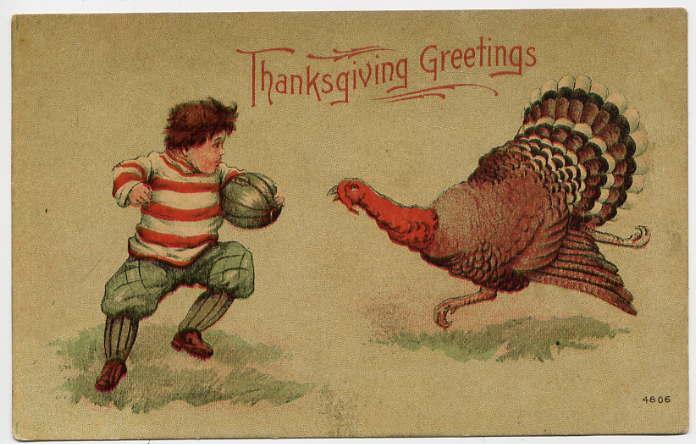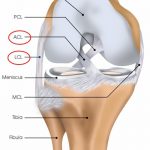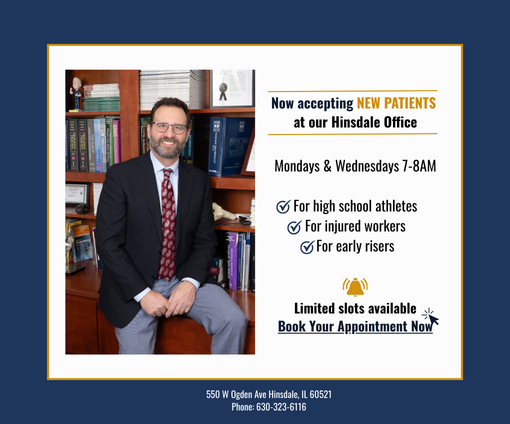
Don’t be the turkey injured in the Turkey Bowl
Little did President Abraham Lincoln know in 1863 that by declaring the fourth Thursday of every November officially a national day of Thanksgiving he also would be starting another tradition just a mere six years later—the Turkey Bowl.
Originally, a reference for college games played on Thanksgiving; the Turkey Bowl through the years also has included professional and amateur games. Today, the moniker is probably most commonly associated with neighborhood games played Thanksgiving day by former athletes and friends—most of who are no longer in the shape they once were making them more susceptible to injury.
Unfortunately, Dr. Steven Chudik, orthopaedic surgeon and sports medicine specialist with the Shoulder, Knee and Sports Medicine Clinic in Westmont and Western Springs, Ill., has seen many injuries during his 15 years in practice that are the direct result of this once-a-year Thanksgiving Day ritual. Some injuries are preventable; some are not. Therefore, if you or someone you know plays in a Turkey Bowl, or might be considering playing to burn off calories from the day, Dr. Chudik has some tips and suggestions to help prevent injuries.
The most common injuries are strains or pulled muscles—hamstring, quadriceps, groin and calf. These injuries often can be prevented with a good warm up that includes dynamic stretching and some running. If you need a good warm-up program, click to download a program you can use before practice and the game that was created by Dr. Chudik and the health performance team from his nonprofit foundation, the Orthopaedic Surgery and Sports Medicne Teaching and Research Foundation.
Also, remember the R.I.C.E protocol for pulled or strained muscles, which stands for Rest, Ice, Compression and Elevation. In addition, non-steroidal anti-inflammatory medication such as ibuprofen can help provide pain relief.
Although muscle strains are common following Turkey Bowl games, as a sports medicine specialist, Dr. Chudik sees and treats more serious game injuries. These include shoulder dislocations, separated shoulders, anterior cruciate ligament (ACL) tears, quadriceps, patellar and Achilles tendon ruptures, and hand and ankle fractures. So remember to play smart and in control. It is no fun being injured. If you are injured, it is better to be evaluated early as neglected injuries can become difficult to treat.
Some other recommendations to consider before that friendly game, especially if you do not exercise regularly are:
- Regular exercise and conditioning at least four to six weeks before the big game can help reduce the risk for injury. Regular stretching and strengthening, as well as running and agility exercises would be the best.
- Avoid activities that fatigue muscles in the few days preceding the game, arrive early to warm up, and break a sweat.
Should you need to schedule an appointment with Dr. Chudik after the game, you can contact his office at 630-324-0402, or go to his website anytime where you will find a scheduling tool at https://www.stevenchudikmd.com/schedule-online/.
Have a safe and happy Thanksgiving.









